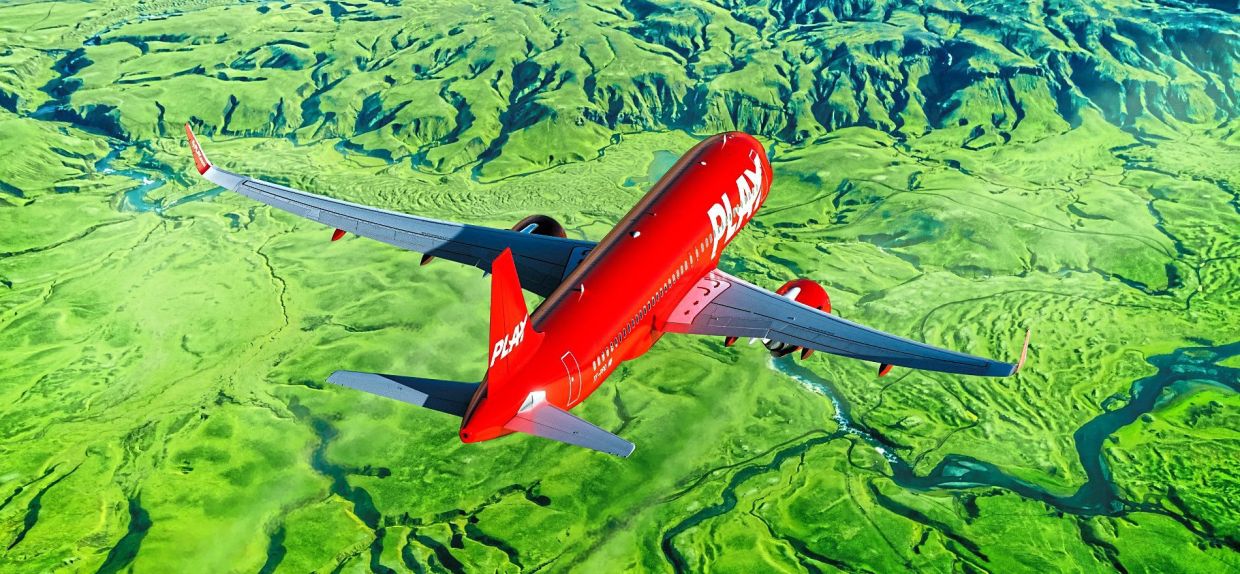The collapse of the last remaining Icelandic budget airline recently has put an abrupt end to the volcanic island’s pit stop for frugal transatlantic travellers.
Fly Play ceased operations on Sept 29 after four years because of poor ticket sales and an unsuccessful turnaround plan. Thousands of passengers were stranded, and hundreds of people lost their jobs.
The company was the successor to Wow Air, which shut down in 2019 over a lack of financing and high costs, and even employed some of the same executives.
Now, the no-frills business model of flying passengers from Europe to the American continent with a stopover near Reykjavik may be disappearing. Legacy airlines such as Ireland’s Aer Lingus are raising their game by offering competitive pricing and expanding their networks through partnerships, negating the island’s low-cost allure.
“These carriers were competing with extensive networks of direct flights,” said Gerald Khoo, an analyst at British investment bank Panmure Liberum. “That meant they only attracted the most price-sensitive traffic: passengers willing to endure the inconvenience of a longer flight and aircraft change for a cheaper ticket.”
The transatlantic market suffered a slowdown earlier this year when United States President Donald Trump imposed tariffs on most countries. Since then, Air France-KLM and British Airways parent IAG have reported a recovery in demand, though a softness in economy sales remains.
Play operated 10 Airbus SE A320-family aircraft to about 30 destinations. By comparison, Icelandair Group has more established routes across the US and Europe, a loyalty programme and partnerships with Southwest Airlines and Emirates, to reach about 60 destinations.
The flagship carrier also has a premium-class cabin and offers free layovers for as long as a week.
Low-cost carriers “are lacking all of the premium products where the legacies make a lot of money at the moment”, said Alex Irving, an analyst at Bernstein.
Play was set up in 2021 by several Wow executives, who planned a different approach. Even so, Play’s shutdown was unavoidable because of the “deep-rooted challenges that have built up over time”, according to a company statement.
The Icelandic budget airline was unusually candid in its assessment for the failure, citing weak ticket sales, employee discontent and a new business plan that was implemented too late. Chief executive officer Einar Orn Olafsson didn’t respond to a request for comment.
“This decision is the most painful one imaginable in this situation and has only been taken because all other options were deemed exhausted,” Play said about its move to shut down.
Layovers arrive at Keflavik International Airport, which has one terminal and is dated and dark in comparison with other modern hubs such as London Heathrow, said Paul Charles, founder of travel marketing consultancy PC Agency.
Geography also plays a part in the demise. Flights from London to Reykjavik take about three hours, and then it’s another six hours to New York. At the same time, volcanic eruptions are squelching tourist demand.
“It is the end of Iceland being a strategic pit stop,” Charles said. “They simply can’t charge low-enough prices to attract people.” – Bloomberg
